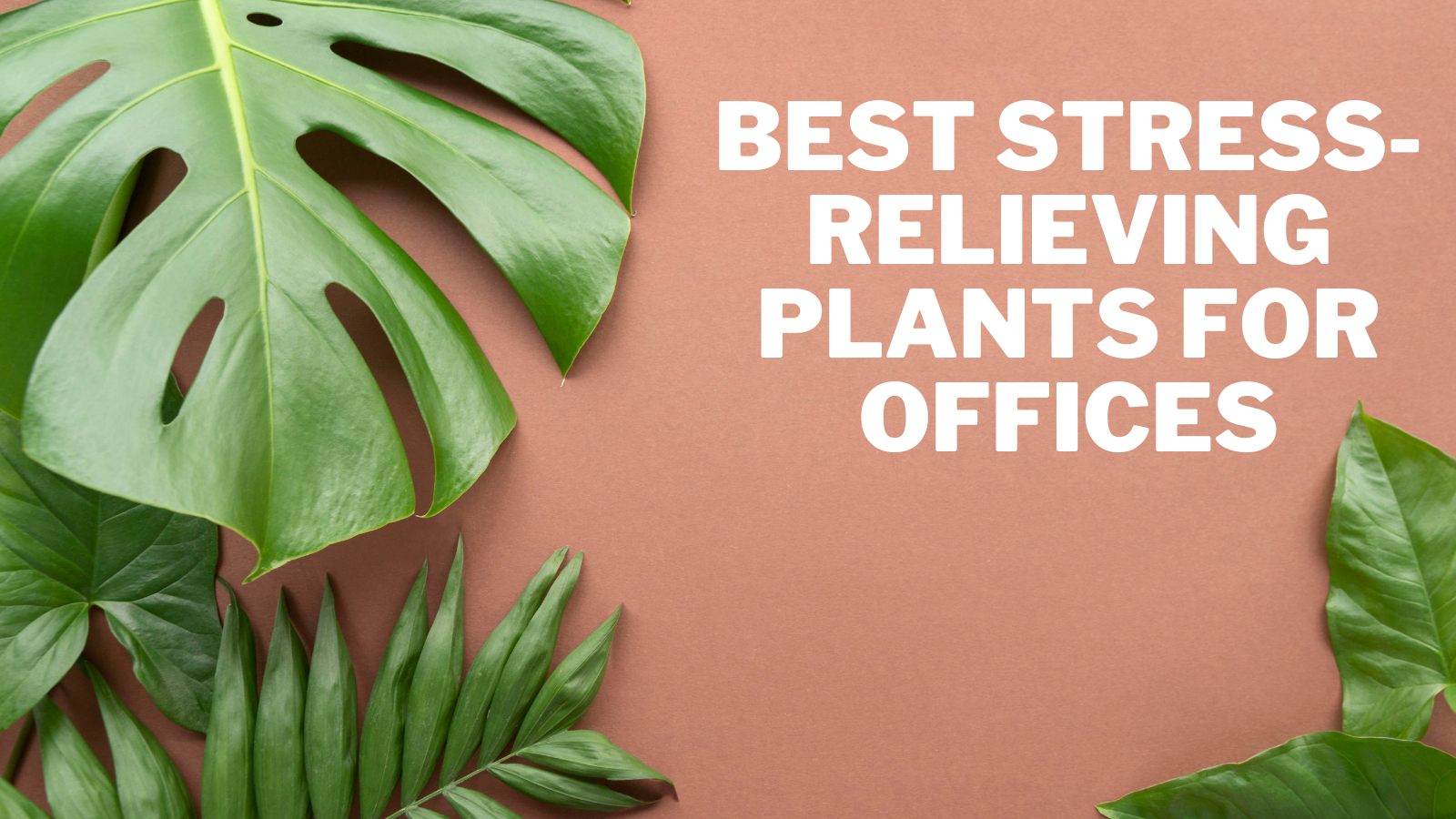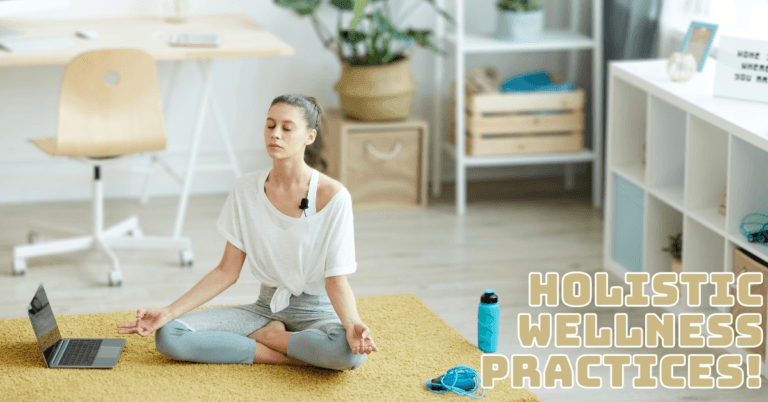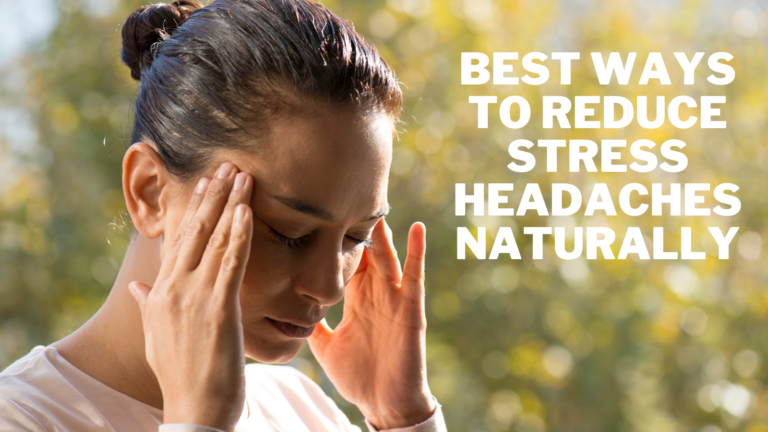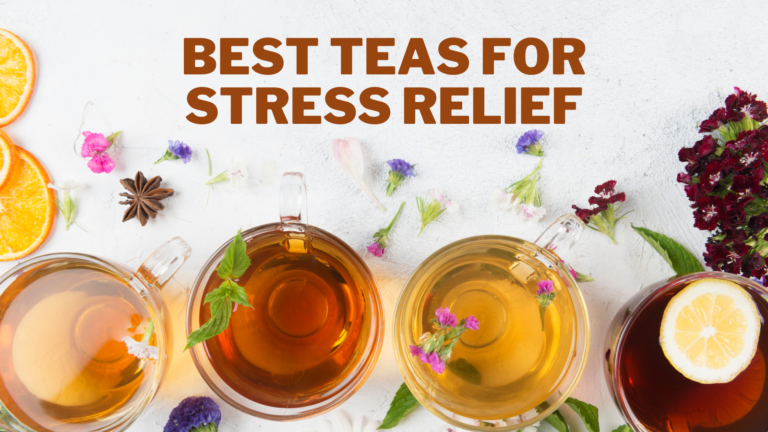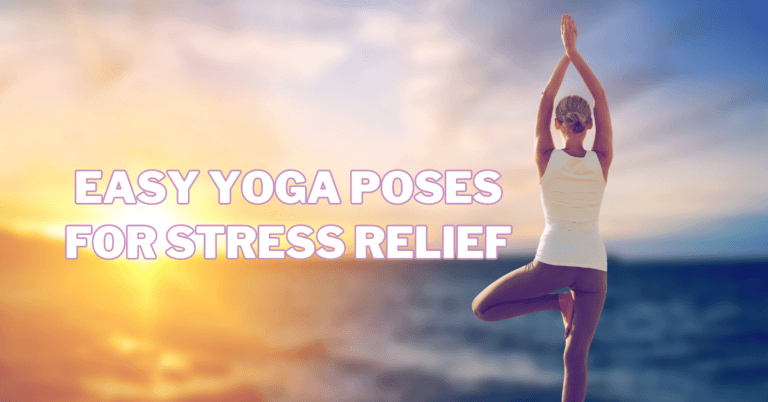Best Tips To Reduce Stress Naturally
Best Tips To Reduce Stress Naturally
Stress is a natural response to various situations in life; when it persists for an extended period, it may harm our physical and mental health.
While there are many ways to reduce stress, some of the most effective methods involve natural remedies that do not require medication or other artificial interventions.
This blog will explore several tips to reduce stress naturally, including lifestyle changes, mindfulness techniques, and herbal remedies.
Incorporating these methods into your daily routine can help alleviate stress and improve your overall well-being.
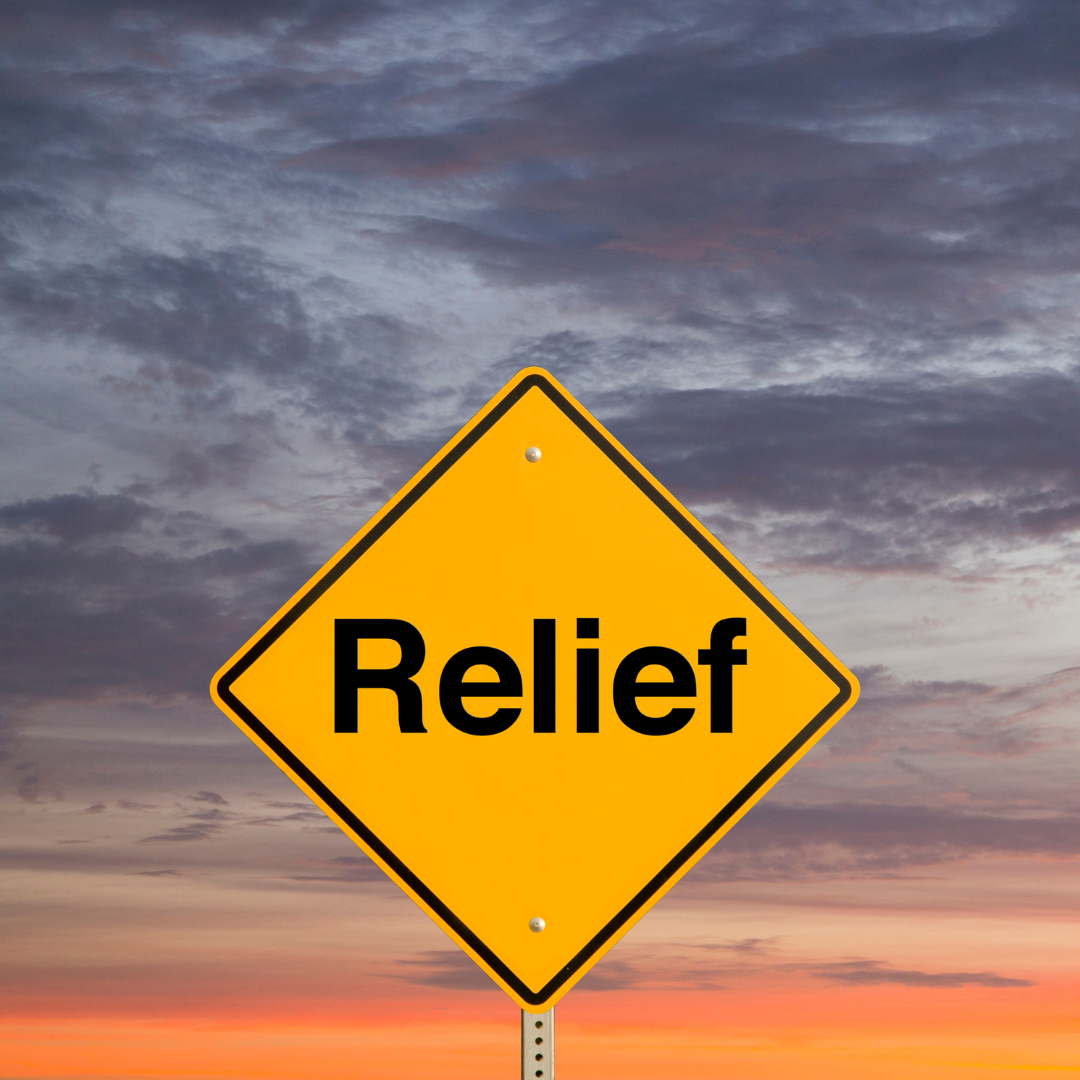
The Importance Of Reducing Stress Naturally
Reducing stress naturally is important for several reasons.
1. Promotes Better Health
Chronic stress can significantly negatively impact both physical and mental health. When the body is under prolonged stress, it triggers the release of stress hormones such as cortisol and adrenaline, which can cause changes in the body that contribute to various health problems.
For example, chronic stress has been linked to an increased risk of developing anxiety and depression and exacerbating symptoms for those already suffering from these conditions. Stress can also cause physical symptoms such as headaches, fatigue, and sleep disturbances.
2. Enhances Mental Clarity And Productivity
Stress can significantly impact cognitive function, including memory, attention, and decision-making.
When stressed, our brains are flooded with stress hormones, which can interfere with these cognitive processes and make it difficult to focus on tasks or make decisions.
Reducing stress naturally through techniques such as mindfulness meditation, exercise, and deep breathing can help to quiet the mind and reduce the levels of stress hormones in the body.
This can enhance mental clarity and increase the ability to focus on tasks, leading to increased productivity and a better quality of work.
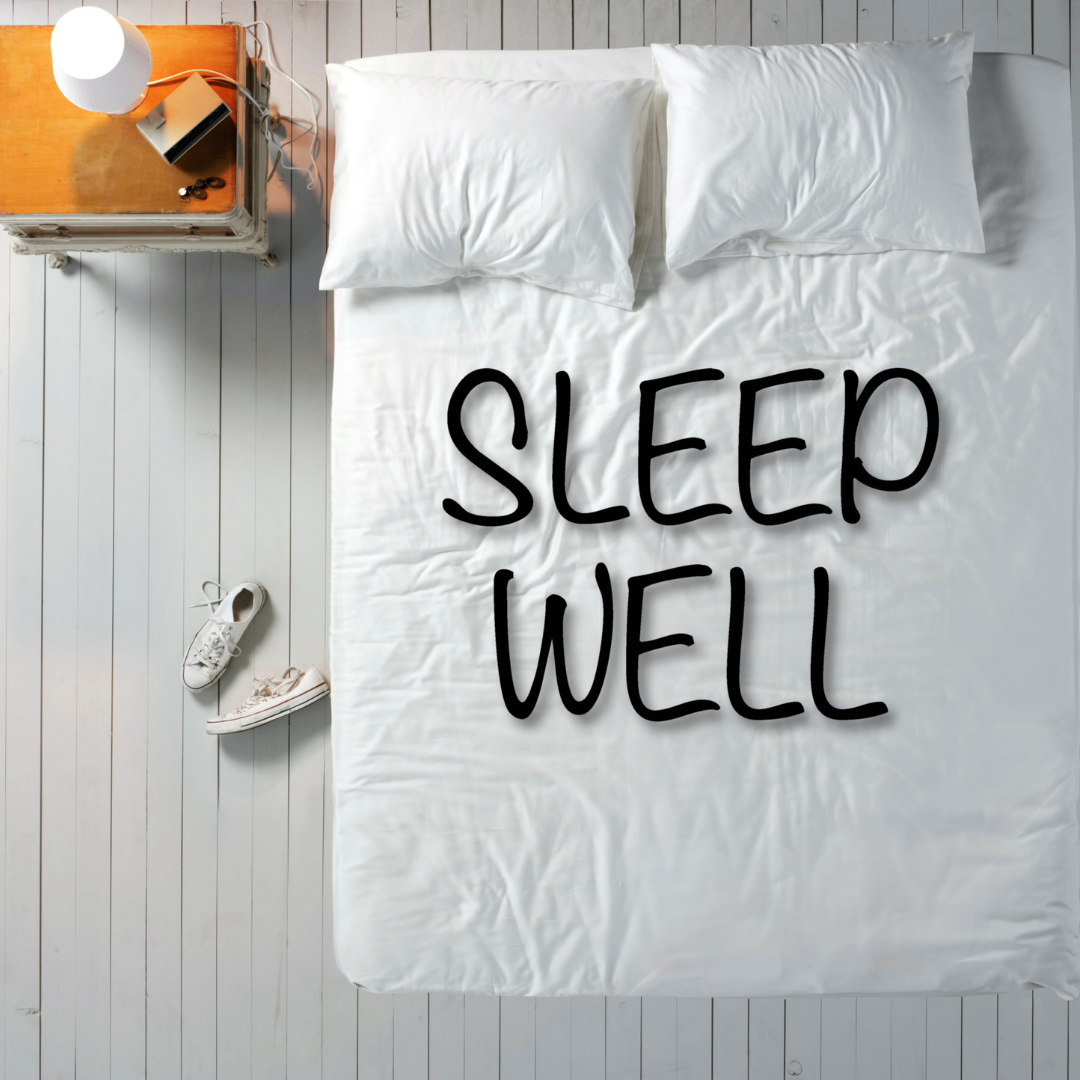
3. Improves Sleep Quality
Stress can significantly impact sleep quality, making falling, staying, or achieving restful sleep difficult.
When stressed, our bodies release stress hormones such as cortisol, which can interfere with the natural sleep-wake cycle and cause sleep disturbances.
Natural stress reduction techniques such as meditation, deep breathing, and aromatherapy can help reduce stress levels and promote relaxation, improving sleep quality.
4. Boosts Immune System Function
Chronic stress can weaken the immune system, which makes it harder for the body to fend off illnesses and infections.
This is because stress hormones such as cortisol can suppress immune function, leading to decreased immune cell production and reduced immune response effectiveness.
Reducing stress naturally through exercise, meditation, and deep breathing can help boost immune system function and reduce the risk of getting sick.
For example, exercise has been shown to increase the production of immune cells and improve their ability to fight off infections.
Exercise can also help to reduce stress hormones and promote relaxation, further boosting immune system function.

5. Saves Money
Many traditional methods of stress reduction, such as medication and therapy, can be costly and may not be accessible to everyone. However, many natural stress-reducing remedies can be more effective and affordable.
Exercise is a natural and cost-effective way to reduce stress. Going for a walk, doing yoga, or engaging in other forms of physical activity can help to reduce stress hormones and promote relaxation.
Exercise can also have other health benefits, such as reducing the risk of chronic diseases like heart disease and diabetes, which can save money on healthcare costs in the long run.
6. Increases Happiness
Chronic stress can hurt mood and overall sense of well-being, leading to feelings of anxiety, depression, and irritability.
By reducing stress naturally, individuals can improve their mood and increase feelings of happiness and contentment.
Exercise is a natural stress reduction method that has been shown to affect mood positively.
Exercise can increase the production of endorphins, the body's natural mood-boosting chemicals, leading to feelings of happiness and well-being.

7. Enhances Relationships
Stress can significantly impact our relationships with others, whether with friends, family members, or romantic partners.
When stressed, we may become irritable, moody, and less patient, making it difficult to communicate effectively with others. This can lead to conflicts, misunderstandings, and even the breakdown of relationships.
By reducing stress naturally, we can improve our ability to communicate effectively and connect with others.
When less stressed, we can better listen actively to others, empathize with their perspectives, and respond thoughtfully and constructively. This can lead to stronger and more fulfilling relationships.
8. Provides Long-Term Benefits
Natural stress reduction techniques like exercise, mindfulness, and other relaxation techniques provide immediate relief from stress and have long-term benefits that can positively impact our overall health and well-being.
Regular exercise has been shown to reduce the symptoms of anxiety and depression, improve cardiovascular health, and increase overall physical and mental resilience.
Mindfulness meditation and relaxation techniques, such as deep breathing exercises, can help lower blood pressure, reduce muscle tension, and improve sleep quality.
These practices can also lead to positive changes in the brain, such as increased gray matter density in brain regions associated with emotion regulation, attention, and memory.

9. Empowers You To Take Control
Natural stress reduction techniques are methods of managing stress that do not involve medication or medical intervention.
These techniques can include meditation, yoga, deep breathing exercises, mindfulness, exercise, and spending time in nature.
One of the benefits of using natural stress reduction techniques is that they give you the power to take control of your well-being.
Instead of relying on medication or other interventions, you can learn to manage your stress through your actions and choices.
10. Sustainable Solution
Natural stress reduction techniques are considered sustainable solutions because they empower individuals to control their well-being without relying on external factors.
Traditional methods such as medication and therapy may provide immediate relief. Still, they may not address the underlying causes of stress and may have side effects that can be harmful in the long run.
On the other hand, natural stress reduction techniques such as meditation, yoga, and exercise focus on building resilience and coping skills that can be sustained over time.
By incorporating these practices into your daily routine, you can develop a more self-sufficient and sustainable approach to long-term stress management.
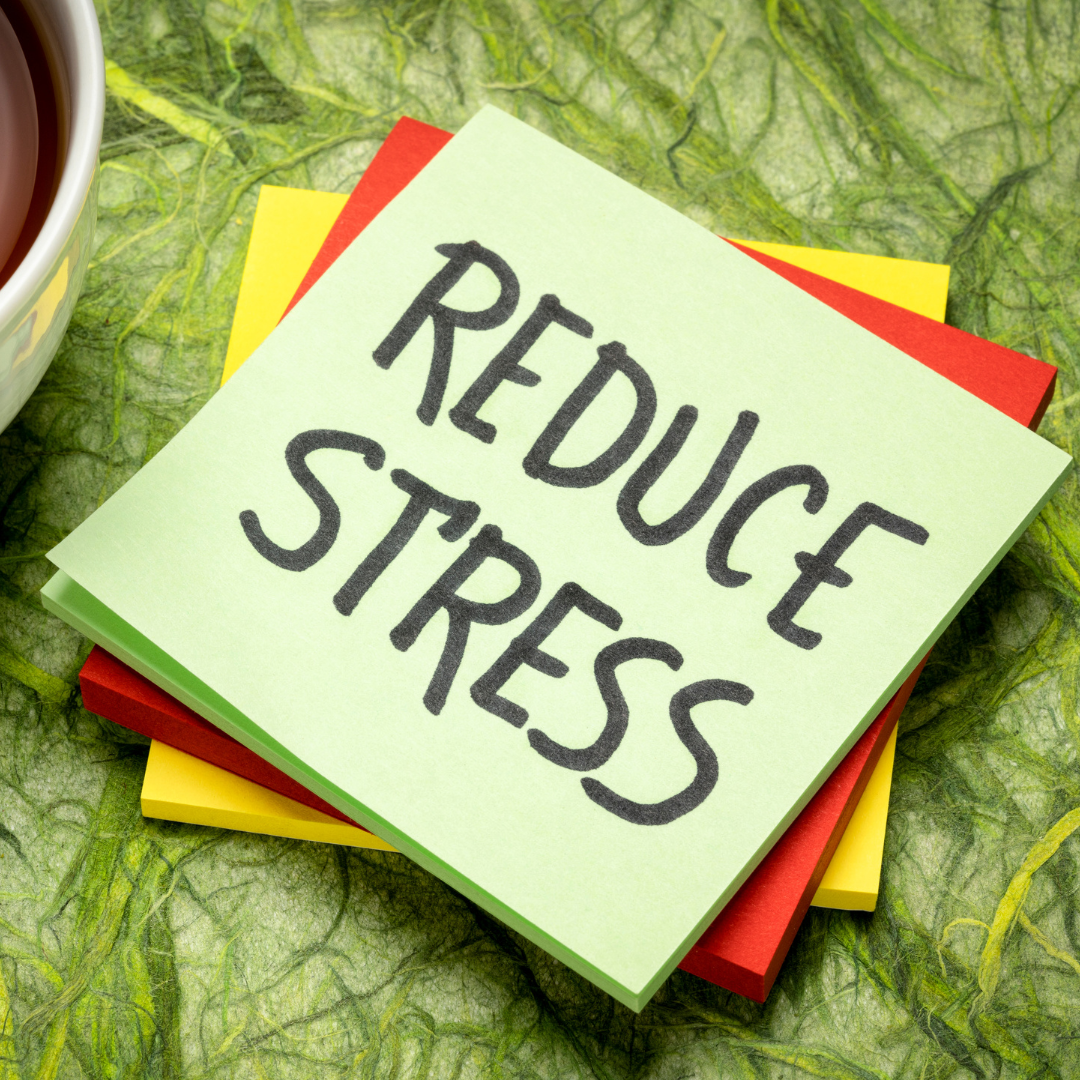
Tips To Reduce Stress Naturally
Reducing stress levels can be essential to maintaining good mental and physical health. While there are many ways to manage stress, there are also several natural strategies that can be effective in reducing stress levels.
1. Exercise
Regular exercise is a fantastic way to reduce stress and improve overall well-being naturally. It's no secret that exercise has numerous benefits for your physical health, but it can also profoundly impact your mental health. Let's take a closer look at the benefits of regular exercise for stress reduction.
Endorphins are natural chemicals produced by the body that can boost your mood and make you feel good.
Exercise is known to stimulate the release of endorphins, which can help to reduce feelings of stress, anxiety, and depression.
Even a short exercise session can produce these feel-good chemicals, so you don't have to spend hours at the gym to reap the benefits.
Cortisol is a hormone released by the body in response to stress. It's important to have some cortisol in your system as it helps to regulate various bodily functions, such as blood sugar levels and blood pressure.
However, when cortisol levels remain elevated for prolonged periods, it can negatively affect your health, including increased inflammation, weight gain, and a weakened immune system.
Exercise has been shown to reduce cortisol levels, which can help to lower your overall stress levels.

2. Mindfulness Meditation
Mindfulness meditation is a type of meditation that involves intentionally focusing your attention on the present moment without judgment.
This means being fully aware of what is happening in the present moment, including your thoughts, feelings, and bodily sensations.
Rather than trying to change or control your experience, you observe it without reacting to it.
You can find a quiet and comfortable place to sit to practice mindfulness meditation. You can sit cross-legged on the floor or in a chair with your feet flat.
Focus on your breath as you gently lower your gaze or close your eyes. Take note of your chest rising and falling or the sensation of air entering and exiting your nose.

3. Aromatherapy
Aromatherapy is a holistic healing practice that uses natural plant extracts and essential oils to promote physical, emotional, and spiritual well-being.
Essential oils are highly concentrated plant extracts used for thousands of years to treat various ailments.
Aromatherapy is often used as a complementary therapy to traditional medicine and is believed to positively affect the body and mind.
Using essential oils for stress relief is a popular application of aromatherapy. Lavender, bergamot, and chamomile are the most commonly used essential oils.

4. Get Adequate Sleep
Getting adequate sleep is essential for our physical and mental health. Lack of sleep can cause stress, anxiety, and other health problems. Therefore, it's important to ensure we get enough sleep each night.
Most adults need 7-9 hours of sleep daily to feel rested and refreshed. However, the amount of sleep needed can vary from person to person.
It's important to listen to your body and how you feel after different amounts of sleep to determine what works best for you.
Establishing a consistent sleep routine can help promote restful sleep. This means going to bed and waking up simultaneously every day, even on weekends.
This can help regulate your body's internal clock and make it easier to fall asleep and wake up daily.

5. Eat A Balanced Diet
Eating a balanced and nutritious diet is important for overall health and well-being and can help reduce stress levels.
A diet that is rich in nutrients such as vitamin C, magnesium, and omega-3 fatty acids has been shown to have stress-reducing properties.
Vitamin C is an antioxidant that can help to reduce inflammation in the body, which is associated with stress. Foods high in vitamin C include citrus fruits, berries, leafy greens, and bell peppers.
Magnesium is a mineral that plays a role in many bodily processes, including regulating stress hormones. Leafy greens, nuts, seeds, and whole grains are among the foods that are high in magnesium.
Omega-3 fatty acids are a type of healthy fat that can help to reduce inflammation and promote brain health, which can help to reduce stress. Foods high in omega-3s include fatty fish, flaxseeds, chia seeds, and walnuts.

6. Spend Time In Nature
Spending time in nature can be a powerful tool for reducing stress and improving overall well-being.
Whether taking a walk in a park, hiking in the woods, or simply spending time in your backyard, being in nature has been shown to have a calming effect on the mind and body.
One of the reasons why spending time in nature can be so beneficial is that it allows us to disconnect from the stresses of daily life.
In nature, we are surrounded by the natural world's sights, sounds, and smells, which can help quiet the mind and promote relaxation.
7. Connect With Others
Connecting with others is important to manage stress and improve overall well-being. Whether it's spending time with loved ones, joining a support group, or volunteering in your community, social support can help reduce stress levels and promote feelings of connection and belonging.
One of the reasons why social support is so important is that it helps combat feelings of loneliness and isolation, which can contribute to stress and anxiety.
When we connect with others, we are reminded that we are not alone in our struggles and that there are people who care about us and want to help.

8. Practice Deep Breathing
Deep breathing exercises can be a powerful tool for reducing stress and promoting relaxation.
The practice involves taking slow, deep breaths, which can help slow the heart rate, lower blood pressure, and reduce anxiety or stress.
Individuals can find a quiet and comfortable place to sit or lie down to practice deep breathing. They can then take a few deep breaths through the nose, allowing air to fill the lungs fully.
Holding the breath for a few seconds before exhaling slowly through the mouth can also be beneficial, as it can help to release tension and promote relaxation.
Depending on their needs, deep breathing can be done anytime, and individuals can practice the technique for a few minutes or longer.
It can be especially useful during stress or anxiety, as it can help calm the mind and promote well-being.
9. Engage In A Hobby
Engaging in a hobby can be a fantastic way to reduce stress levels and promote well-being.
Hobbies provide a way to escape from the pressures of daily life and allow individuals to focus on activities they enjoy. This can help to reduce stress and improve mood.
The choice of hobby may depend on individual preferences, but many hobbies can effectively reduce stress levels. For example, painting or drawing can be a great way to express creativity and relax the mind.
Playing a musical instrument can also be an effective way to reduce stress levels, as it can provide a sense of accomplishment and offer a form of self-expression.

10. Take A Break
Feeling overwhelmed can be a common experience for many people, especially when facing a heavy workload or difficult situations.
Taking a break from the stressors can help to reduce the feeling of being overwhelmed and provide a much-needed opportunity to recharge.
There are various ways to take a break, and the choice of activity may depend on individual preferences and circumstances.
Stretching can effectively release muscle tension and increase blood flow, which can help reduce stress levels.
Going for a walk, either outside or around the office, can also benefit physical and mental health, as it provides a change of scenery and fresh air.
11. Laugh
Laughing is a potent stress reliever and well-being booster. Our bodies release endorphins when we laugh, which are feel-good organic substances that can lessen stress and anxiety.
There are many ways to incorporate laughter into your daily routine. Watching a funny movie or TV show, reading a humorous book, or spending time with friends who make you laugh are all effective ways to boost your mood and reduce stress.

Conclusion
Reducing stress naturally is important to maintaining good physical and mental health. By incorporating simple techniques into your daily routine, such as exercise, mindfulness meditation, aromatherapy, and getting adequate sleep, you can help reduce stress levels and promote overall well-being.
It's important to remember that stress is normal, and eliminating it is not always possible. However, learning to manage stress naturally can build resilience and develop a more positive outlook.
So take some time for self-care, try different natural stress reduction techniques, and see what works best for you.
By prioritizing your well-being, you'll be better equipped to handle life's challenges calmly and confidently.
I trust you enjoyed this article about the Best Tips To Reduce Stress Naturally. Please stay tuned for more blog posts to come shortly.
JeannetteZ
>>>Please click here to read my all-inclusive article about Lessons That Will Teach You All About Stress<<<
>>>Are you interested in Natural Healing And Stress Relief through Herbs? Please click here for my #1 Recommendation<<<
Your Opinion Is Important To Me
Do you have thoughts, ideas, or questions? I would love to hear from you. Please leave me your questions, experiences, and remarks about the Best Tips To Reduce Stress Naturally in the comments section below. You can also reach me by email at Jeannette@Close-To-Nature.org.
Disclosure
This post may contain affiliate links. I earn from qualifying purchases as an Amazon Associate and other affiliate programs. Please read my full affiliate disclosure.
You might also enjoy these blog posts:
9 Best Massages For Stress Relief
What Is A Stress Relief Massage?
Best Teas For Anxiety And Stress
What Are The Best Methods To Relieve Stress



